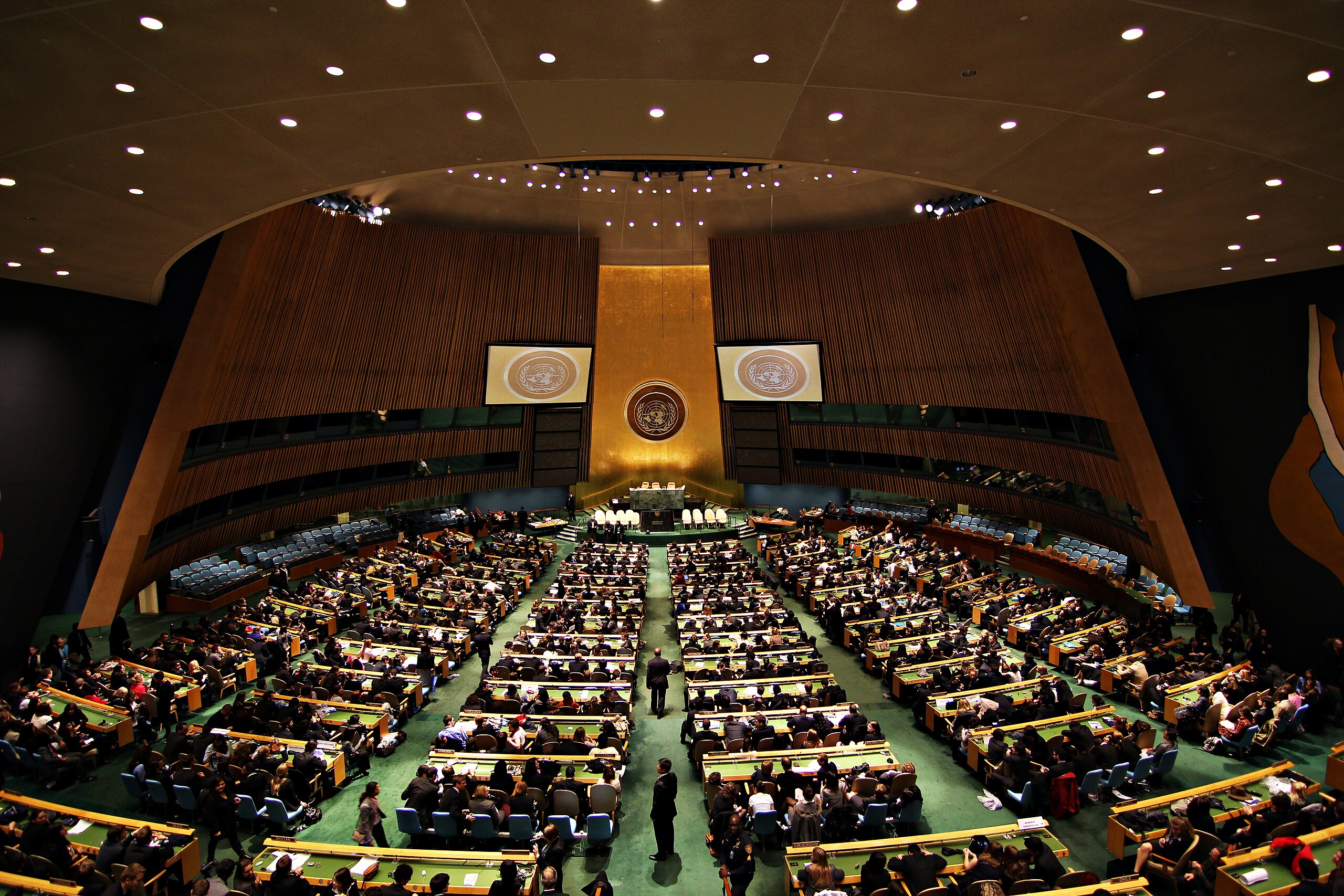New York, 21 March, 2004 – The United Nations General Assembly recently embraced a pivotal resolution to advance the development and deployment of artificial intelligence (AI) systems that prioritize safety, security, and ethical considerations while also driving sustainable development globally. This significant step forward was achieved through the endorsement of a resolution led by a coalition of nations, receiving support from more than 120 member states. The resolution underscores the critical importance of upholding human rights throughout the entire lifecycle of AI, from design and development to deployment and utilization.
This resolution marks the first instance where the General Assembly has directly addressed the regulation of AI, signifying a watershed moment in global governance concerning emerging technologies. Notably, the adoption of this resolution has been recognized as a historic milestone in ensuring the responsible and safe utilization of AI technologies for the betterment of society.
A core aspect of the resolution is its acknowledgement of the transformative potential of AI in accelerating progress towards achieving the United Nations’ 17 Sustainable Development Goals (SDGs). By harnessing AI responsibly, nations can leverage its capabilities to tackle pressing global challenges and foster inclusive development.
Crucially, the General Assembly reiterated that human rights must be safeguarded offline and online, emphasizing the imperative of protecting individuals’ rights in the face of AI deployment. It urged all stakeholders to refrain from employing AI systems that contravene international human rights standards or pose significant risks to human rights enjoyment.
Furthermore, the Assembly emphasized the necessity of addressing the digital divide and ensuring equitable access to AI technologies, particularly for developing nations. Recognizing the disparities in technological advancement, efforts to support inclusive access to AI and enhance digital literacy were highlighted as essential components of global cooperation.
Looking ahead, the resolution paves the way for sustained engagement and cooperation among member states, civil society, the private sector, and other stakeholders in crafting responsible AI governance frameworks. It aligns with broader UN initiatives aimed at fostering digital cooperation and ensuring that AI technologies serve the collective interests of humanity while upholding ethical standards and human rights.
Read more here






